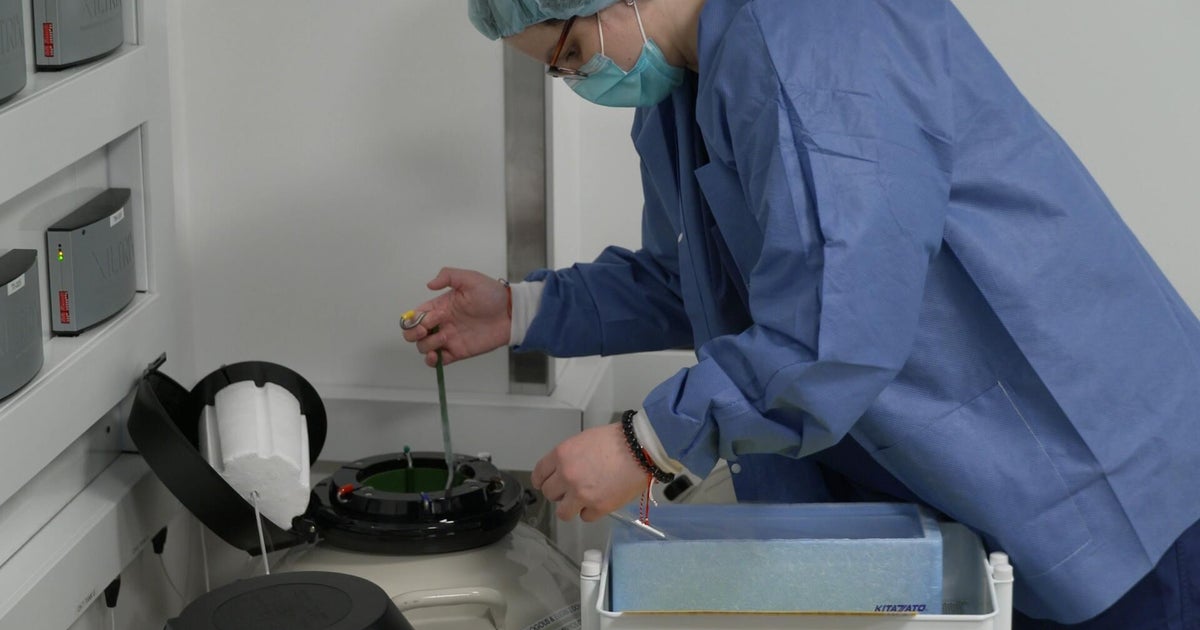Unlocking the Future: Everything You Need to Know About Egg Freezing
Egg freezing, or oocyte cryopreservation, has emerged as a groundbreaking fertility preservation option for women worldwide. Once considered experimental, this procedure now empowers women to delay childbearing for medical, professional, or personal reasons. From hormonal stimulation to vitrification, the process involves multiple steps, costs, and emotional considerations. Here’s what experts say about its benefits, risks, and the growing demand reshaping reproductive choices.
The Rising Popularity of Egg Freezing
Over the past decade, egg freezing has transitioned from a niche medical intervention to a mainstream fertility solution. According to the Society for Assisted Reproductive Technology (SART), the number of egg-freezing cycles in the U.S. surged by 41% between 2019 and 2021, with clinics reporting record inquiries post-pandemic. “More women are prioritizing education, careers, or finding the right partner,” says Dr. Emily Carter, a reproductive endocrinologist at New York Fertility Associates. “Egg freezing offers a biological insurance policy.”
Corporate benefits programs are also fueling this trend. Companies like Apple, Facebook, and Google now cover egg-freezing costs as part of employee healthcare packages—a perk that acknowledges shifting societal norms. Meanwhile, advancements in vitrification (flash-freezing) have boosted success rates, with thawed eggs achieving pregnancy rates comparable to fresh eggs in women under 35.
How Egg Freezing Works: A Step-by-Step Guide
The process begins with a consultation and fertility testing to assess ovarian reserve. Here’s what follows:
- Ovarian Stimulation: Hormonal injections over 10–14 days prompt the ovaries to produce multiple eggs.
- Monitoring: Ultrasounds and blood tests track follicle growth.
- Egg Retrieval: A 15-minute outpatient procedure under sedation collects eggs via a thin needle.
- Freezing: Eggs are flash-frozen using vitrification to prevent ice crystal damage.
“The retrieval is low-risk, but side effects like bloating or mood swings are common,” notes Dr. Carter. Success hinges on age: women under 35 freeze 10–20 eggs for a 70–80% chance of future pregnancy, while those over 38 may need multiple cycles.
Costs and Financial Considerations
Egg freezing isn’t cheap. A single cycle averages $10,000–$15,000, excluding annual storage fees ($500–$1,000). Medication adds $3,000–$6,000, and thawing/fertilization later may cost $5,000 more. Insurance coverage remains spotty, though some plans cater to cancer patients requiring fertility preservation.
Sarah Chen, a 32-year-old marketing executive, financed her procedure through a clinic payment plan. “It’s a hefty investment, but worth it for peace of mind,” she says. Critics, however, argue the industry capitalizes on societal pressures. “We need clearer data on live birth rates per frozen egg,” warns bioethicist Dr. Lisa Harper. “Not all clinics are transparent.”
Emotional and Ethical Dimensions
The decision to freeze eggs often involves complex emotions. While some women feel empowered, others grapple with societal expectations or the “false hope” of guaranteed success. Support groups and counseling are increasingly part of clinic offerings. “This isn’t just a medical procedure—it’s a life choice,” says therapist Rachel Monroe, who specializes in fertility issues.
Ethical debates also persist. Should employers incentivize delaying motherhood? Are younger women being overly optimistic? “Egg freezing is a tool, not a guarantee,” emphasizes Dr. Carter. “Patients need realistic expectations.”
The Future of Fertility Preservation
Research is refining egg-freezing techniques, with studies exploring artificial ovaries and improved freezing protocols. Meanwhile, startups are democratizing access through affordable packages and egg-sharing programs. As technology evolves, so does public awareness. “The conversation is shifting from ‘if’ to ‘when’ to freeze,” observes Dr. Harper.
For those considering the procedure, experts advise consulting a fertility specialist early, comparing clinic success rates, and weighing financial and emotional readiness. The journey may be daunting, but for many, it’s a transformative step toward reclaiming reproductive autonomy.
Interested in learning more? Speak to a fertility expert today or explore our guide to understanding AMH testing for insights into your ovarian reserve.
See more WebMD Network



